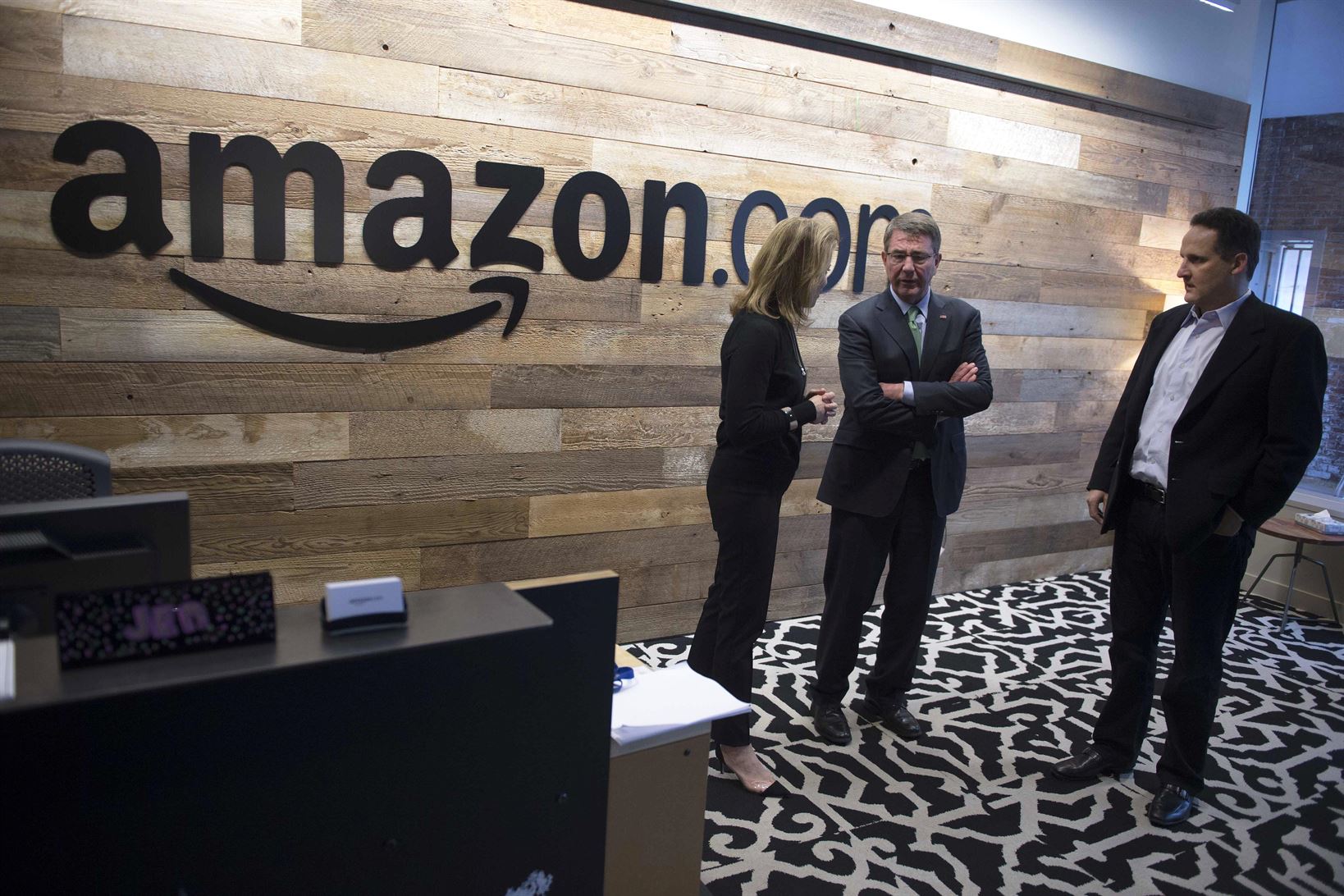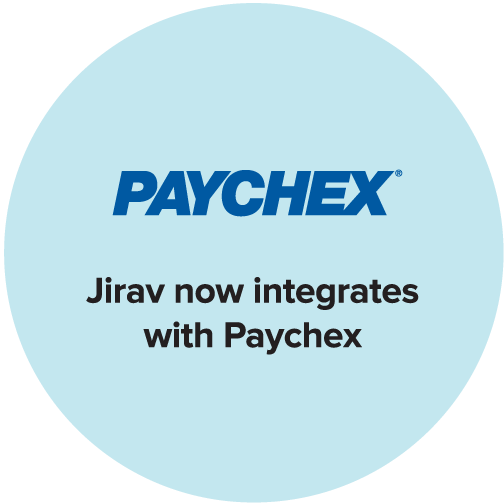If Amazon thought like a typical accounting firm, we wouldn’t have free shipping and it wouldn’t be dominating traditional retail. Anyone else stop to think about that between orders on Cyber Monday?
According to a Morgan Stanley analysis cited in a recent New York Times article, "the typical order for one-day shipping is $8.32, and Amazon spends $10.59 to fulfill and ship it."
You read that right. Amazon loses money on most one-day shipping orders!
Yet Amazon plans to spend billions in the coming years to expand free one-day shipping for their Amazon Prime subscribers.
This is causing headaches for brick-and-mortar retailers, who used to have the advantage when it came to getting customers what they want quickly.
Macy's former chief executive, Terry Lundgren, admitted as much:
It’s a different model you’re competing with today. It’s the reality of competing against a retailer who is purposefully reducing the price and not as concerned about making money on each item.
This big picture view is exactly what is enabling Amazon to dominate against department stores such as Macy's.
Amazon may lose money on one-day shipping, but they gain much more in terms of market share and customer loyalty.
They don’t worry about the profitability of individual orders.
Would a traditional accounting firm with time sheets, billable hours, and utilization rates ever purposely lose money on engagements in this way?
Would they expand an unprofitable service line?
Of course not.
Traditional firms can’t see the forest for the trees.
The method they’ve chosen to measure success often requires that each engagement, each customer, each employee, and each practice area generates a profit, and it focuses the firm on developing only the most individually profitable engagements, customers, employees, and practice areas, even if that isn’t what might be best for the firm (and its customers) as a whole.
This is why large firms have trouble growing bookkeeping, also known as client accounting services (CAS) practices.
By traditional metrics, bookkeeping will never be as profitable as audit, tax, or consulting, so the bookkeeping practice doesn’t get investment from the partners or the staff.
Yet bookkeeping is one of those service lines that brings new clients to the firm and enables the firm to sell additional, higher value services to those clients, the same way Amazon Prime’s free one-day shipping brings more loyal customers to Amazon.
Midsize and large firms that really want to grow should try out Amazon’s strategy and offer bookkeeping and other low-margin services at cost — or even a loss.
Don’t bother measuring profitability on individual engagements.
Don’t worry about staff utilization.
In fact, get rid of timesheets entirely for your bookkeepers.
Just look at the practice as a whole and make sure it doesn’t lose more money than you’re willing to invest in acquiring clients from your competition, who is likely still ignoring the pressing, day-to-day needs of their clients.
Once you’ve got the clients, it’s a lot less effort to sell your higher margin products and services — just like Amazon.
If you’re looking for a better way to scale up your firm’s client accounting services practice, consider joining Jirav’s Partner Program. We help accountants and bookkeepers improve, standardize, and automate the monthly financial reporting package so you can spend less time monkeying with Excel and more time sharing insights with your clients.












